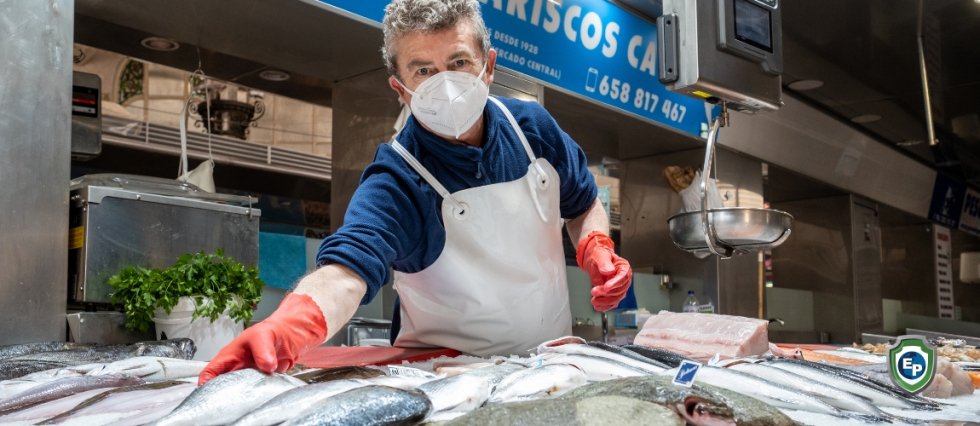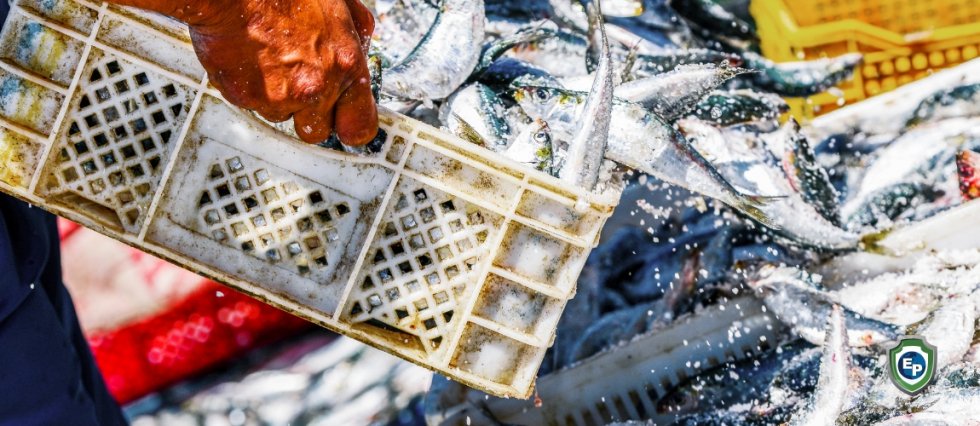Seafood Expo North America Reconnect | Conference Recap
We were lucky enough to attend the Seafood Expo North America Reconnect Virtual Conference, and were able to get some valuable insights to share with you. Learn more about the seafood industry surviving the pandemic and the pandemic’s impact on seafood imports in this blog!

At Export Portal, we know how important it is to stay informed about the international trade world’s latest goings-on. Whatever your industry is, things are constantly changing, and we want to help you keep up-to-date.
We stay true to our mission of supporting SMEs in every aspect of global trade by attending events that are pertinent to the different industries our users are in. That’s why we attended the Seafood Expo North America Reconnect Virtual Conference last week – we’ve gathered some of the most relevant information from their talks and are ready to share them with you!
One of the breakout conferences was about meeting changing customer needs through COVID-19 and the rise of the direct-to-consumer market. A meal kit supply chain director mentioned how much their business model grew over the past year due to the pandemic. More people were cooking at their own homes and wanted restaurant-quality meals without leaving. They saw a rise in both supply and demand in seafood specifically, as prices for beef and pork rose and supply dwindled. There were some issues with supply as some countries were not exporting as much or at all due to the pandemic, but the meal kit market could survive the majority of the pandemic woes and come out ahead. Additionally, a US restaurant supplier saw their demand for seafood drop almost immediately, with restaurants nationwide shut down. This led to the increasing individual packaging, retail, and other forms of seafood home delivery to maintain their business.

These are interesting points of view to keep in mind as we start to move out of the pandemic and the world starts to come out of COVID-induced closures.
The next most pertinent breakout conference was about the impact of COVID-19 on seafood imports to the US. One hot-button topic they mentioned was the enforcement of the “Forced Labor” code and “WROs” or detention orders by CBP in the US. This increased during the pandemic due to labor conditions worldwide – any coerced labor is considered forced labor. The CBP ensures that the US imports are not supporting any companies or countries that could participate in that. Over the past five years, the number of WROs increased from 4 to 15. The largest industry subject to these WROs is the seafood industry. This goes in tandem with the FDA inspections of imported seafood, which is starting to be inspected virtually, which is another impact of the pandemic. However, this does not mean that the FDA is any less effective, as the FDA intends to work with facilities to conduct inspections and procure the information necessary to achieve the objective of the inspection. Overall, the advice for importers here is to know your supply chain and make sure that you understand what is going on with your product every step of the way.
Export Portal is dedicated to transparency and helping our users find what they need for a successful international trade transaction. With informative talks like this, we can better support you and your trading endeavors.






Comments 0